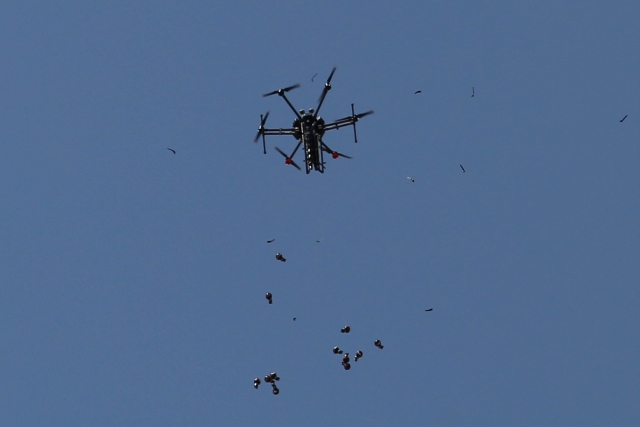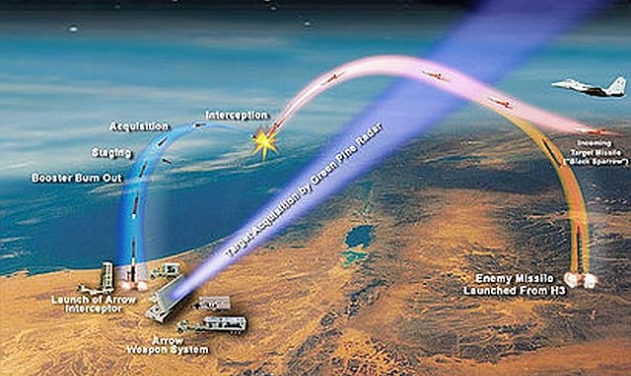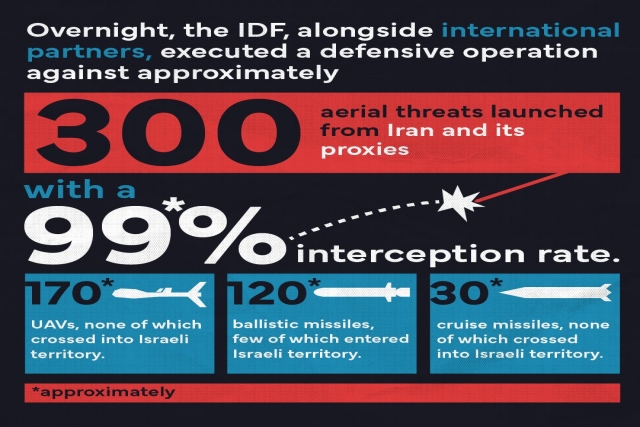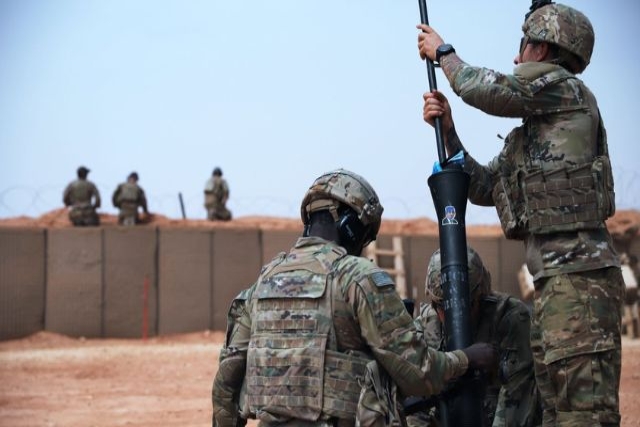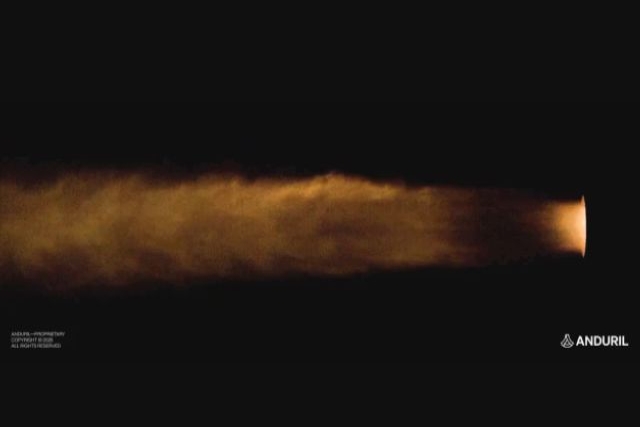Israeli Counter-attack Against Iran Could Start "As Soon as Possible"
Iranian President Ebrahim Raisi has warned that any action against Iran's interests, regardless of its scale, will be met with a "severe and extensive" response.
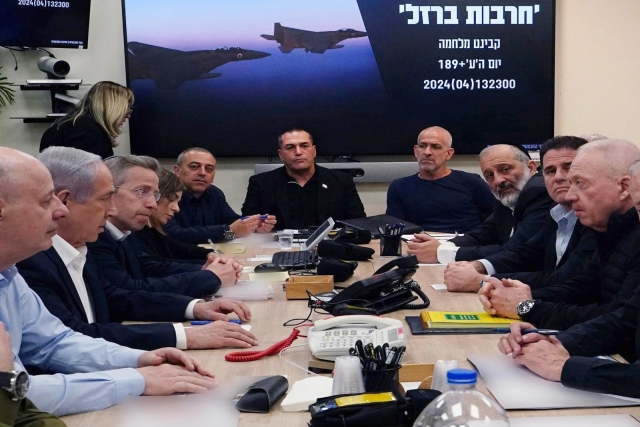
Israel's War Cabinet meeting has concluded with a decision to launch strikes inside Iran, aiming to begin "imminently," according to Israeli Channel 12.
Overnight into Sunday, approximately 350 rockets were fired at Israel by Iran and its allies in Iraq, Syria, Yemen, and Lebanon. The assault included around 170 drones, over 30 cruise missiles, and more than 120 ballistic missiles. The vast majority of these were intercepted, as reported by the Israeli military and the White House. The United States, Jordan, and Britain were also involved in intercepting the attack.
Today, Israel's war cabinet wrapped up its fifth meeting to deliberate on their response to the assault. However, the specifics of Israel's planned response remain unclear.
A senior administration official and a source familiar with intelligence in the United States anticipate that Israel's military retaliation to Iran's strikes will be limited in scope. The official noted that Israel has not provided the U.S. with an official warning regarding its plans or timing, CNN reported.
Iranian President Ebrahim Raisi has cautioned that any action against Iran's interests, no matter how small, will be met with a "severe, extensive, and painful" response. Raisi characterized the weekend attack on Israel as "limited and punitive," stressing that had Iran chosen a stronger operation, Israel would have faced even greater consequences.
Deputy Foreign Minister Ali Bagheri Kani warned late Monday that Israel would encounter a "firm and tough response" if it escalates actions against Iran. Bagheri Kani emphasized that there will no longer be a delay of days between an Israeli move and Iran's powerful response, insisting that Israel must now anticipate immediate consequences.
Israel's military chief, Lt. Gen. Herzi Halevi, stated on Monday that his country will retaliate against the Iranian attack without specifying when or how.
The U.S. and other allies of Israel have urged against further escalation. World leaders are urging Israel to exercise restraint following Iran's extensive attack involving hundreds of drones, ballistic missiles, and cruise missiles.
British Foreign Secretary David Cameron informed the BBC on Monday that the UK does not support a retaliatory strike, while French President Emmanuel Macron indicated that Paris would try to persuade Israel to refrain from escalating the situation.
British Prime Minister Rishi Sunak emphasized that "all parties must show restraint" to prevent an escalation of violence in the Middle East.
Austria's Foreign Minister spoke with his Iranian counterpart to denounce Tehran's attack on Israel and urge Iran to restrain its proxies in the Middle East.
In a statement, Alexander Schallenberg conveyed to Iran's Hossein Amirabdollahian on Monday that "we cannot afford another front in the Middle East. There would only be losers, in the region and beyond."
Meanwhile, German Chancellor Olaf Scholz called on Israel to "contribute to de-escalation" in the Middle East following Iran's attack on the country. Scholz emphasized in Shanghai on Monday that "Iran must cease this aggression."
